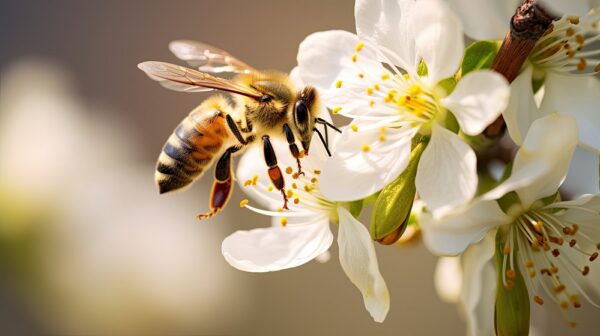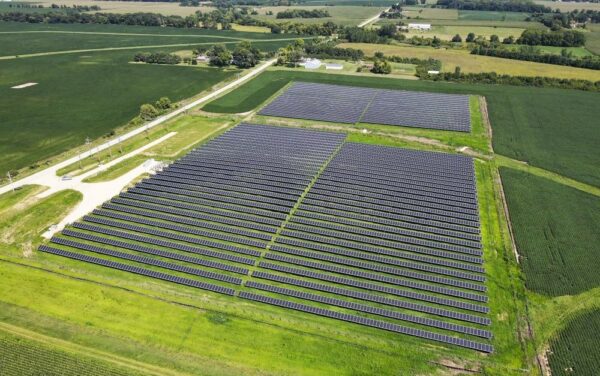The Latest Buzz: Whole Foods Enhances Support for Pollinators


Whole Foods Market has introduced a new “pollinator policy” for its produce and floral purchasing. By 2025, all growers will need to implement integrated pest management (IPM) systems prioritizing preventative and biological measures that reduce the need for chemical pesticides. The retailer also will bar the use of all nitroguanidine neonicotinoids (which are particularly harmful to pollinators) in the potted plants it sells and will encourage suppliers to phase out their use throughout their operations.
In addition to honeybees, the retailer recognizes native pollinators such as bumblebees, wasps and butterflies also are critical to the food system and an important indicator of biodiversity.
“We understand the important role pollinators play in our food system and, through this policy, will build on our long legacy of supporting biodiversity and pollinator health,” said Karen Christensen, SVP, Perishables and Quality Standards at Whole Foods Market in a statement. “This is another critical step forward in our journey of climate-smart agriculture as part of our purpose to nourish people and the planet.”
Whole Foods uses both its own foundations and internationally recognized third parties to create awareness campaigns about pollinators and their impact. The retailer’s Bee Grant Program supports educational beehives and bee-related programming so students can observe bees up close and learn more about the critical role pollinators play. The program has awarded more than 850 educational beehives to schools and nonprofit organizations since 2014.
Additionally, the retailer encourages all fresh produce and floral suppliers to phase out and find replacements for the chemicals most harmful to pollinators. Rainier Fruit is a Whole Foods supplier that has demonstrated its commitment to advancing pollinator health by maintaining 150 acres of dedicated pollinator habitat and 325 acres of Bee Better Certified orchards in partnership with the Xerces Society for Invertebrate Conservation.
“Every single piece of fruit we grow requires pollination,” said Mark Zirkle, President of Rainier Fruit in a statement. “We wouldn’t have a crop without honeybees, so pollinator health is of utmost importance to us as farmers. We’re appreciative of Whole Foods’ advocacy and look forward to continued efforts toward more sustainable agriculture.”











